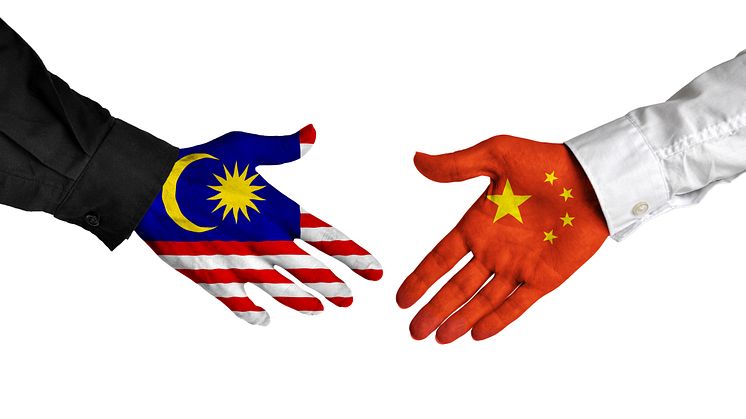
Blog post -
What Chinese companies could learn from Malaysia’s cancellation of Belt and Road Initiative projects
By Rose Gu
For decades, Chinese leaders had great respect for Dr. Mahathir Mohamad, a visionary strongman famous for his anti-American stance and advocacy of "Asian Values" to create a pan-Asian identity.
But the current Chinese leadership may not have as much affection for the recently re-elected Prime Minister of Malaysia.
During his first trip to China, Dr. Mahathir was the bearer of bad news: the cancellation of three Belt and Road Initiative (BRI) projects. These included the East Coast Rail Link (ECRL), and two gas pipelines, the Multi-Product Pipeline (MPP) and Trans-Sabah Gas Pipeline (TSGP).
Dr. Mahathir alleged these BRI projects involved corruption and misappropriation of funds by the former administration under Najib Razak, which contributed to Malaysia’s high debt-to-GDP ratio.
The three projects, worth a total of $23 billion, account for a large proportion of Malaysia’s estimated national debt at approximately $252 billion (roughly 65% of its GDP).
The high debt ratio may adversely affect the country’s fiscal health, and deliver low returns on investment of these infrastructure projects.
The cancellation of the BRI projects may limit the effectiveness of China’s economic diplomacy for promoting communication with countries along the Belt and Road and expanding its influence in Eurasia.
But Malaysia is not alone. Other countries such as Indonesia and Myanmar are also seeking to renegotiate their BRI projects with China; and Pakistan is among those with worrying levels of debt owed to China. For some, Beijing’s economic diplomacy has been dubbed "debt-trap diplomacy".
Whichever way you see it, the BRI-related problems are, at their core, communications issues.
If the structure and benefits of the Chinese BRI investments had been communicated more effectively, they might have continued to enjoy the support of Malaysians even after the government changed.
By May 9, improving communication between the BRI-related projects and the voting public was too late.
Those managing BRI-related projects would be well-advised to communicate more directly with their host countries, rather than hoping the host countries' governments will do that for them.
Managers of BRI-related projects must be proactive in their communication with local media and stakeholders. The Malaysian example shows they could lose big if they don't.
